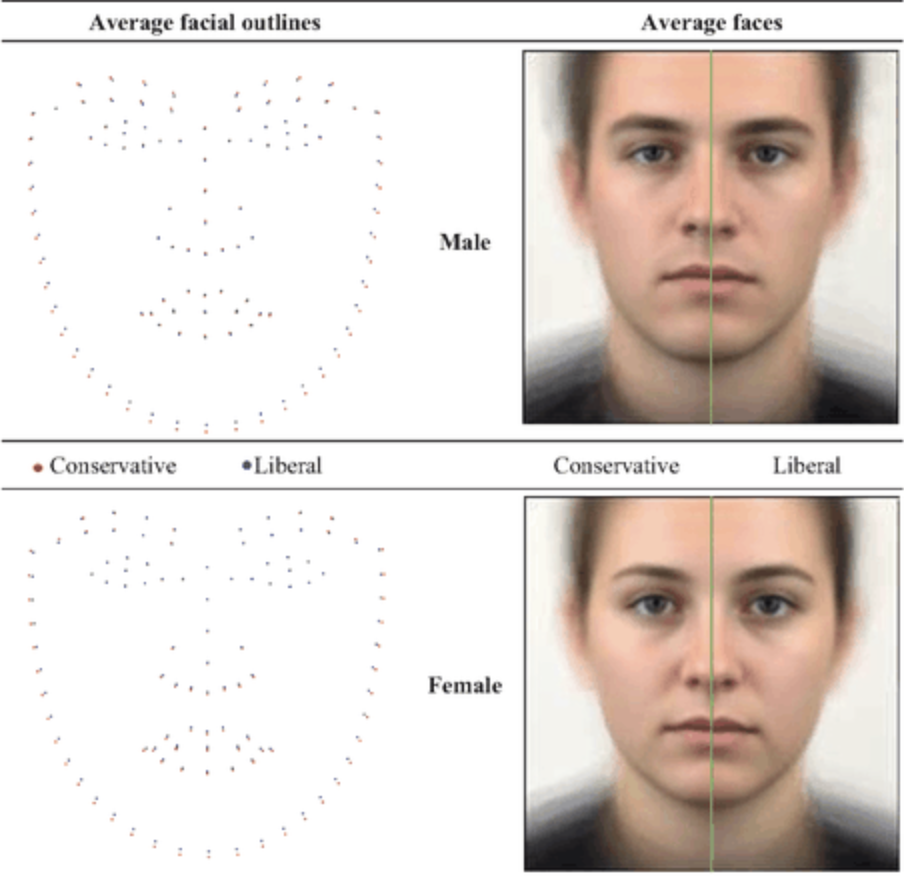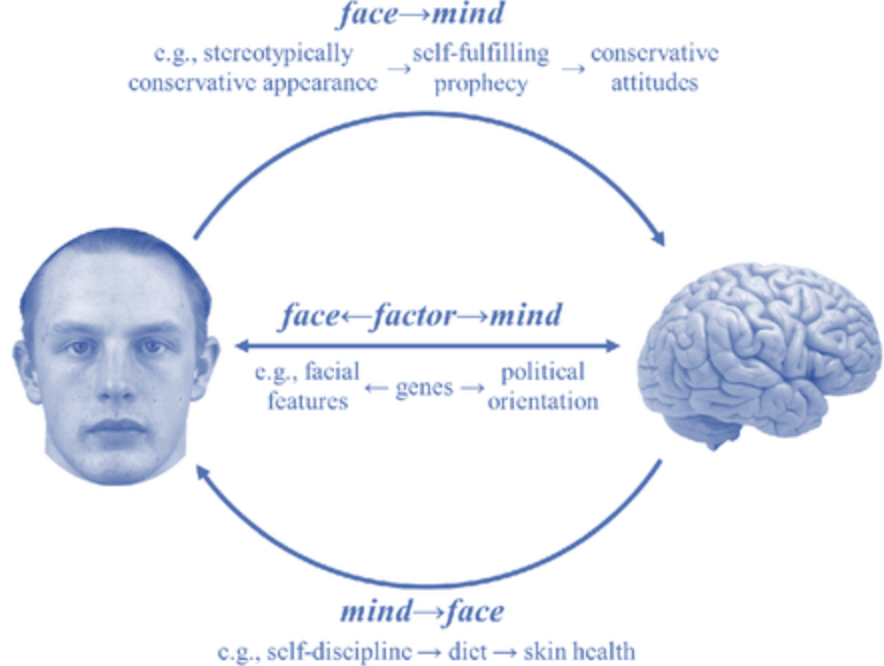Ethical Concerns and Privacy Implications of Advanced Facial Recognition Technology
- Predictive Power of AI on Political Leanings: A recent study highlights that both humans and an AI algorithm can predict political orientations from expressionless facial images with notable accuracy, raising profound privacy concerns.
- Methodology and Accuracy: The study utilized a standardized method to capture facial images, controlling for variables such as expression and attire, with AI demonstrating a higher predictive accuracy when additional demographic data was used.
- Potential Misuse and Privacy Risks: The ability of AI to infer personal political orientations from facial features presents serious risks, prompting urgent discussions about the regulation and ethical use of facial recognition technologies.

The latest research conducted by the Internet Watch Foundation (IWF) reveals a startling capability of artificial intelligence (AI)—predicting an individual’s political orientation from merely their facial features captured in neutral expressions. This study, involving carefully standardized facial images of 591 participants, demonstrates that both human raters and AI algorithms can assess political leanings with a degree of accuracy comparable to other predictive measurements like job interview outcomes or the impact of alcohol on aggression.
Study Findings and Techniques
The research utilized a facial recognition algorithm that processed images, adjusted to eliminate personal style and expression biases, ensuring that the focus remained strictly on inherent facial features. This method involved participants adhering to strict guidelines regarding appearance, including the use of neutral clothing and the removal of makeup or facial hair, to standardize the images as much as possible. The AI’s effectiveness was further enhanced when factors such as age, gender, and ethnicity were included, highlighting the nuanced capability of AI systems to analyze human features deeply.

Implications for Privacy and Surveillance
The implications of these findings are vast and complex. The ability of AI to dissect and interpret facial features to the extent of revealing personal political orientations without consent poses significant ethical and privacy challenges. It underscores a potential for misuse in surveillance and social profiling that could be exploited by governmental and commercial entities, leading to discriminatory practices or targeted influence.
Moreover, the study’s results have sparked a debate about the necessity to regulate facial recognition technology to protect individuals’ privacy. The potential for AI to intrude into personal beliefs and orientations without explicit permission or awareness raises questions about the balance between technological advancement and fundamental privacy rights.
Call for Policy Intervention
Researchers, along with privacy advocates, are calling for policymakers to take these findings seriously and consider strict regulations on the use of facial recognition technology, particularly concerning how it might be used to infer highly sensitive information about individuals. The study not only highlights the capabilities of modern AI but also serves as a cautionary tale about the potential directions of biometric surveillance technologies if left unchecked.
As AI continues to evolve and integrate deeper into various facets of daily life, the findings from this study provide a crucial checkpoint for assessing the ethical boundaries and privacy implications of these technologies. The need for comprehensive policies and regulations has never been more apparent, as we step into an era where AI’s capabilities challenge the very notions of privacy and consent.
